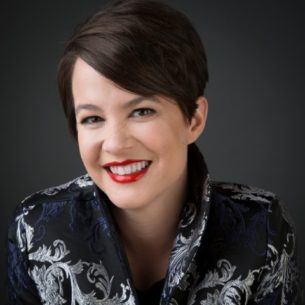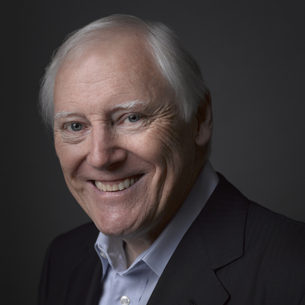- Belbin North America
- Introduction to Belbin Team Roles
Introduction to Belbin Team Roles
Belbin® Team Roles are used to identify people’s strengths and weaknesses. This information provides a foundation for teams to achieve better business results.
Who uses Belbin Team Roles?
- Individuals who want to understand their contributions to a team and increase their self-awareness
- Teams who wish to identify their strengths and weaknesses to help achieve better results and be more effective
- Trainers, consultants, managers and organizations who want to get the most out of their people
What are Belbin Team Roles?
Belbin Team Roles is a methodology for developing successful teams. Belbin is an evidence-based, data driven approach to improving team performance.
This approach is unique for examining and understanding how individuals contribute, interrelate and behave and how best to maximize the strengths of each individual in the team. It is useful and effective for both personal development and for developing high-performing teams.
How are Belbin Reports used?
Belbin Team Roles have enabled thousands of individuals and organizations worldwide to:
- Build productive working relationships
- Select and develop high-performing teams
- Raise self-awareness and personal effectiveness
- Aid recruitment processes
What makes Belbin Team Roles different from other approaches?
The Belbin Team Role analysis is different from personality or psychometric assessments. It measures the different contributions team members make on a team and it does so without labeling people (individuals can hold multiple roles on a team). Your Team Roles report will tell you your role preferences based on your own self-perception as well as input from observers that you choose.
The Belbin Team Roles approach:
- Uses individual and observer feedback to develop results, which reduces the amount of bias present in assessments that only use self-evaluations
- Measures clusters of behaviour, not personality, and defines the ideal responsibilities for each role
- Emphasizes getting better business results in a team setting
- Provides invaluable information on three levels: individual, team and organization
- Is distinctive in its ability to be used with predictable results which are empirically verified
- Is used in more than 30 countries and available in a range of languages
The Nine Belbin Team Role Descriptions
Resource Investigator
Teamworker
Co-ordinator
Plant
Monitor Evaluator
Specialist
Shaper
Implementer
Completer Finisher
What do we do?
- Provide individual Belbin Team Role Reports, either as Full Service or DIY. For those needing a large number of reports, volume discounts are available.
- Offer team reports and team mapping to put the individual reports in a more useful context.
- Host Belbin workshops and webinars so you can maximize use of Belbin in your organization.


